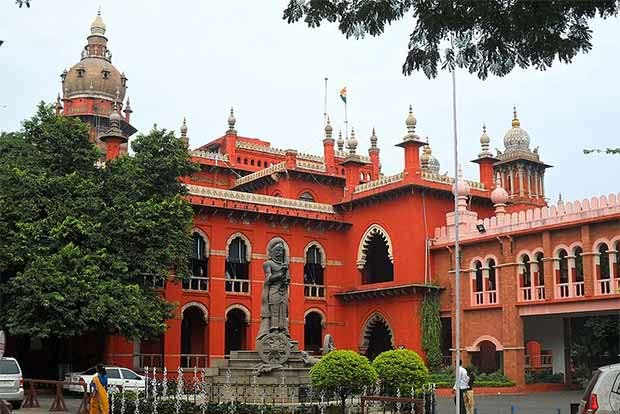Begin typing your search...
Lawyers can’t surrender clients’ legal rights: HC
“A lawyer has no authority to make an admission or statement which would surrender the legal rights of the client unless the same would help achieve the purpose for which the lawyer was hired,” the Madras High Court has held.

Chennai
The first bench comprising Chief Justice AP Sahi and Justice Senthilkumar Ramamoorthy made the observation while disposing of an appeal moved by Gurukul Lutheran Theological College, Kilpauk against the Chennai Corporation for demanding property tax arrears on the buildings owned by it.
The college had challenged the levy of property tax for the second half of 1998-1999 to the first half of 2007-2008 stating that its buildings were exempt from property tax under Section 101(c) of the Chennai City Municipal Corporation Act, 1919 since they were meant for imparting education.
But the Corporation contended that all the properties in the city were reassessed during the general survey and accordingly, the properties of the college were reassessed, and payment of arrears was sought for. The single judge, before whom the plea came, concluded that there is no illegality or infirmity in the demand and recorded the submissions of the counsel appearing for the college that it is ready to pay the amount without interest or penalty.
Challenging the single judge’s order, the present plea was moved wherein the Chief Justice, on observing that a client is not bound by a statement or admission which he or his lawyer was not authorised to make, said: “It is clear that the lawyer admitted liability without authorisation after making an assertion of entitlement to an exemption in property tax.”
However, the bench pointed out that the claim for exemption under Section 101(c) is required to be established by the person concerned by providing evidence that the buildings were used for educational purposes and the same ought to be determined by the Corporation authorities by examining relevant evidence.
Based on this, it remanded the matter to the Chennai Corporation for determination and orders passed on merit within three months.
Visit news.dtnext.in to explore our interactive epaper!
Download the DT Next app for more exciting features!
Click here for iOS
Click here for Android
Next Story



